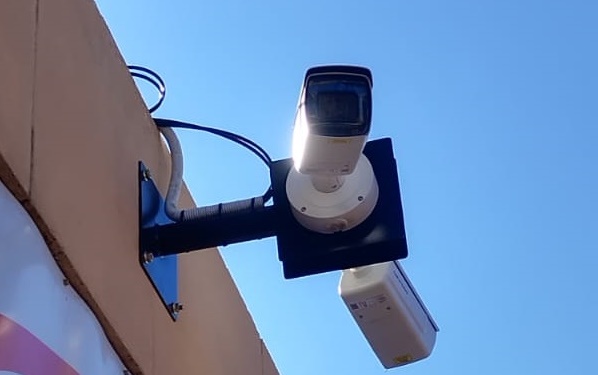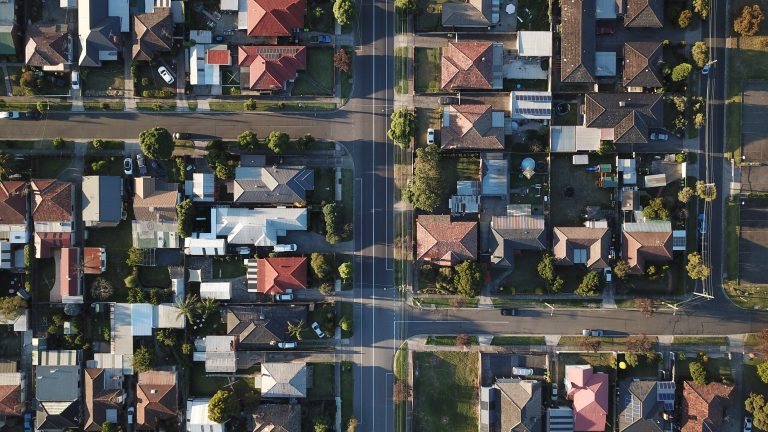Johannesburg Metro wants access to your private security footage
New by-law just another form of expropriation without compensation, says AfriForum
AfriForum has sounded the alarm over the recently approved City of Johannesburg by-law that seeks to regulate and control privately-owned CCTV surveillance networks, drones, body worn cameras and automatic number plate recognition systems. This move is nothing short of expropriation without compensation, as it allows the government to hijack years of work, infrastructure and investment made by private security initiatives, businesses and community groups. The Metro is encouraged to rather work together with AfriForum and other private security institutions to combat crime.
This attempt by the municipality to centralise access to private surveillance networks is nothing but an admission of failure to fight crime. The only reason private individuals and organisations installed these security measures in the first place is because of the state’s inability to combat crime effectively. Instead of supporting these initiatives, the authorities often resisted, obstructed or outright ignored efforts by private security networks to strengthen public safety. Now, rather than working alongside these networks in a cooperative and voluntary manner, the government wants to seize control of private property under the pretence of regulation.
CCTV cameras placed on private property – even if it captures footage of public spaces –remain the property of the private individual or entity that installed it. The government has no legal or ethical right to demand unrestricted access to these networks. Private citizens and businesses must not be forced to give the state free access to monitor their premises, record their private data or dictate how they can use their own security infrastructure.
Additionally, there are already numerous private initiatives that facilitate cooperation between various role players with access to different camera networks. This includes voluntary partnerships with law enforcement agencies to share footage legally and responsibly when necessary. There is simply no justification for granting the municipality direct access to private security systems – this is not only an overreach but a direct infringement on citizens’ right to privacy and property ownership.
Perhaps the most alarming aspect of this by-law is its inclusion of body cameras worn by private security personnel and volunteers. It is entirely outrageous for the government to demand access to bodycam footage worn by private individuals. Such a move would allow the municipality to monitor private security operations in real-time, opening the door to abuse, surveillance of lawful private activities, and impact private security’s ability to function effectively, not to even mention investigations into corrupt officials and municipal departments. The government has no right to monitor private security professionals as though they are state employees.
The idea that the municipality should have the authority to dictate tariffs, charges and surcharges related to the by-law, is just as ridiculous as the state did not pay for the installation of these surveillance networks, nor did it contribute to its upkeep. Now, after years of neglecting crime-fighting efforts, the municipality wants to impose fees and regulations on those who took proactive steps to make their communities safer.
“This by-law is nothing more than a desperate attempt by the state to seize control over private security networks while doing absolutely nothing to improve public safety and corruption within law enforcement agencies. These power-hungry politicians should focus on fixing their own broken systems before trying to hijack community-driven initiatives. This is yet another example of government overreach and a blatant attempt to control private property under the guise of crime prevention,” says Jacques Broodryk, Chief Spokesperson for Community Safety at AfriForum.
Through greater cooperation, AfriForum can support the South African Police Service and the metro police with camera monitoring, information collection, technology – including drones and communication equipment – , community engagement and joint training to effectively combat crime.
AfriForum urges all property owners, business leaders and private security firms to reject this unjust by-law and demand that the government respect private property rights. AfriForum will be exploring all legal avenues to challenge and oppose this blatant overreach.











